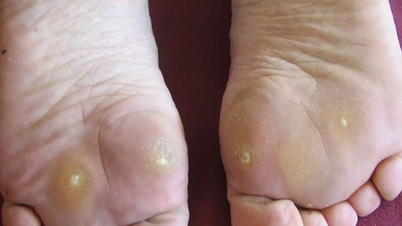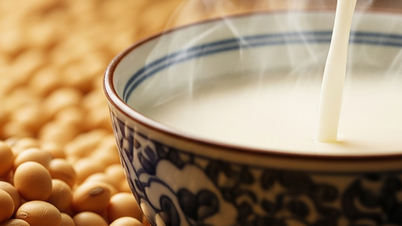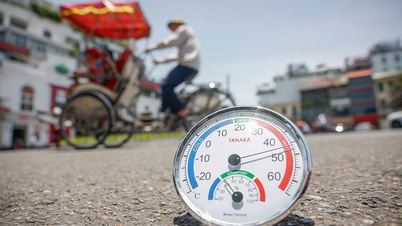
Caffeine alters sleep patterns, affecting the brain's recovery process at night at different ages - Photo: FREEPIK
A study published in Nature Communications Biology sheds light on how caffeine alters sleep, affecting the brain's nighttime recovery process at different ages.
Young people are more affected by caffeine
According to Neuroscience News , scientists used artificial intelligence (AI) and electroencephalography (EEG) to study the effects of caffeine on sleep.
For the first time, they showed that caffeine increases the complexity of brain signals and increases the brain's "critical" state during sleep. Interestingly, this phenomenon is more pronounced in young adults.
In a critical state, the brain functions optimally, processes information efficiently, adapts quickly, learns and makes decisions with agility.
Research shows that the effects of caffeine on the brain are significantly more pronounced in young adults aged 20 to 27, compared to middle-aged adults aged 41 to 58, especially during REM sleep, the stage associated with dreaming.
Younger people react more strongly to caffeine, possibly due to a higher density of adenosine receptors in their brains. Adenosine is a molecule that builds up in the brain throughout the day, causing feelings of fatigue.
These age differences also suggest that younger brains may be more sensitive to the stimulating effects of caffeine.
Understanding the effects of caffeine on the brain
According to sleep and aging psychology professor Julie Carrier, caffeine stimulates the brain and pushes it into a critical state, making the brain more alert, alert, and responsive.
During the day, this is beneficial for concentration, but at night, that state can interfere with rest, preventing the brain from relaxing or recovering properly.
To study how caffeine affects the brain during sleep, Carrier's team recorded the nocturnal brain activity of 40 healthy adults using electroencephalograms.
The researchers found significant changes. Caffeine weakened slow oscillations like theta and alpha waves, which are typically associated with deep, restorative sleep, while stimulating beta wave activity, which is common in states of alertness and mental focus.
These changes suggest that even during sleep, under the influence of caffeine, the brain remains in an activated and less restorative state.
Given the widespread consumption of caffeine worldwide , particularly as a means of coping with daily fatigue, the researchers highlight the importance of understanding the complex effects of caffeine on brain function across different age groups and health conditions.
Source: https://tuoitre.vn/do-tuoi-nao-de-bi-caffeine-tac-dong-den-giac-ngu-nhat-20250531152659322.htm



































































































Comment (0)